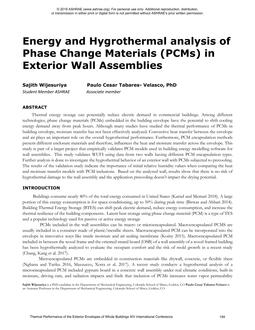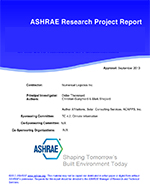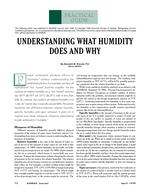Click here to purchase
Buildings are maintained at slightly positive pressure by air handling units (AHUs) to reduce infiltration of unconditioned outdoor air. The conventional AHUs rely either on direct building pressure control or volume tracking control with a single loop proportional integral (PI) controller to maintain positive building pressure. Even though this type of control structure is simplistic, it is observed that it may lead to hunting of return fan speed, especially with direct building pressure control. For the direct building pressure control, accurate and stable building pressure measurement is challenging due to wind and intermittent pressure changes caused by the opening of doors. On the other hand, the building static pressure is highly sensitive to the differential airflow therefore; the error in airflow measurement makes the volume tracking method unfavorable. In general, cascade control makes the control system more adaptive and robust. In this case, the primary controller reads the building static pressure and determines the differential flow rate setpoint for secondary controller which then controls the return fan speed. The purpose of this paper is to evaluate the performance of the cascade control on the building static pressure in comparison with the two conventional controls by simulation. Performance of the two conventional controls as well as cascade control is simulated. The results conclude that the cascade control improves the stability of the system by reducing the sensitivity to the change in the operating conditions and controller gains.
Citation: 2016 Winter Conference, Orlando, FL, Conference Papers
Product Details
- Published:
- 2016
- Number of Pages:
- 8
- Units of Measure:
- Dual
- File Size:
- 1 file , 1.5 MB
- Product Code(s):
- D-OR-16-C068


